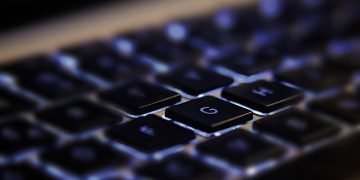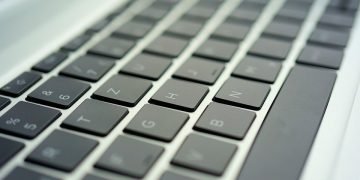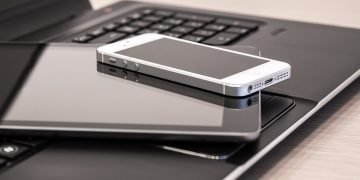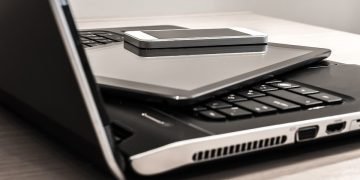Unplugged and Thriving: Effective Digital Detox Strategies for a Balanced Life
In today’s fast-paced and technology-driven world, it can be challenging to disconnect from our devices and take a break from the constant stream of notifications, emails, and social media updates. However, finding time to unplug is essential for our mental health and overall well-being. Digital detoxing allows us to recharge, reconnect with ourselves and those around us, and ultimately lead a more balanced and fulfilling life.
The Importance of Digital Detoxing
Constant exposure to screens and digital devices has been linked to a number of negative health effects, including increased stress, anxiety, and poor sleep quality. Research has shown that spending too much time on our devices can also lead to decreased productivity, impaired cognitive function, and even addiction-like behavior.
Taking regular breaks from technology can help alleviate these issues and create a healthier relationship with our screens. By disconnecting from our devices, we can reduce stress levels, improve focus, and foster deeper connections with others. Digital detoxing can also help us to be more present in the moment, engage in mindfulness practices, and prioritize self-care.
Effective Digital Detox Strategies
If you’re ready to unplug and thrive, here are some effective strategies to help you disconnect from your devices and embrace a more balanced lifestyle:
Set Boundaries
One of the first steps in digital detoxing is to establish boundaries around your screen time. This might involve setting designated times when you will not use your devices, such as during meals, before bed, or on weekends. You can also consider turning off notifications or setting limits on certain apps to reduce the temptation to constantly check your phone.
Engage in Offline Activities
Instead of reaching for your phone when you have downtime, try engaging in offline activities that promote relaxation and creativity. This might include reading a book, going for a walk, practicing yoga, or spending time with loved ones. By filling your time with meaningful activities, you’ll be less inclined to mindlessly scroll through your social media feeds.
Create Tech-Free Zones
Designate certain areas in your home as tech-free zones, such as the bedroom or dining room. This will help you establish boundaries around your device usage and create opportunities for more mindful and present interactions with others. By creating spaces that are free from screens, you can cultivate a sense of calm and connection in your environment.
Practice Mindfulness
Mindfulness practices can help you become more aware of your technology use and its impact on your well-being. Try incorporating mindfulness techniques, such as deep breathing, meditation, or body scans, into your daily routine. By staying present in the moment and focusing on the here and now, you can cultivate a greater sense of peace and clarity in your life.
Common Questions About Digital Detoxing
How often should I detox from technology?
The frequency of your digital detoxes will depend on your individual needs and habits. Some people may benefit from taking a tech-free day once a week, while others may find it helpful to disconnect for shorter periods of time each day. Experiment with different detox schedules to find what works best for you and allows you to recharge and rejuvenate.
What are the benefits of digital detoxing?
Digital detoxing offers a wide range of benefits for both your physical and mental health. Taking breaks from technology can help reduce stress levels, improve sleep quality, boost productivity, and enhance your overall well-being. By disconnecting from your devices, you can also foster deeper connections with others, cultivate mindfulness practices, and create a more balanced and fulfilling life.
How can I stay motivated to unplug?
Staying motivated to unplug can be challenging, especially when technology is so ingrained in our daily lives. To stay motivated, remind yourself of the benefits of digital detoxing, such as increased focus, improved relationships, and greater overall happiness. Set specific goals for your detox periods and reward yourself for sticking to them. Surround yourself with supportive friends and family members who can help hold you accountable and encourage you in your digital detox journey.
Conclusion
In a world that is constantly connected, taking time to unplug and recharge is more important than ever. By implementing effective digital detox strategies, such as setting boundaries, engaging in offline activities, creating tech-free zones, and practicing mindfulness, you can cultivate a healthier relationship with technology and lead a more balanced and fulfilling life.
Remember that digital detoxing is not about completely eliminating technology from your life, but rather finding a healthy balance that allows you to prioritize self-care, mindfulness, and meaningful connections with others. With a proactive approach to managing your screen time and taking regular breaks from technology, you can create a more harmonious and fulfilling lifestyle that supports your overall well-being. Unplug, recharge, and thrive in a digital world.















































